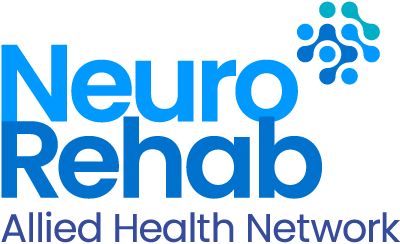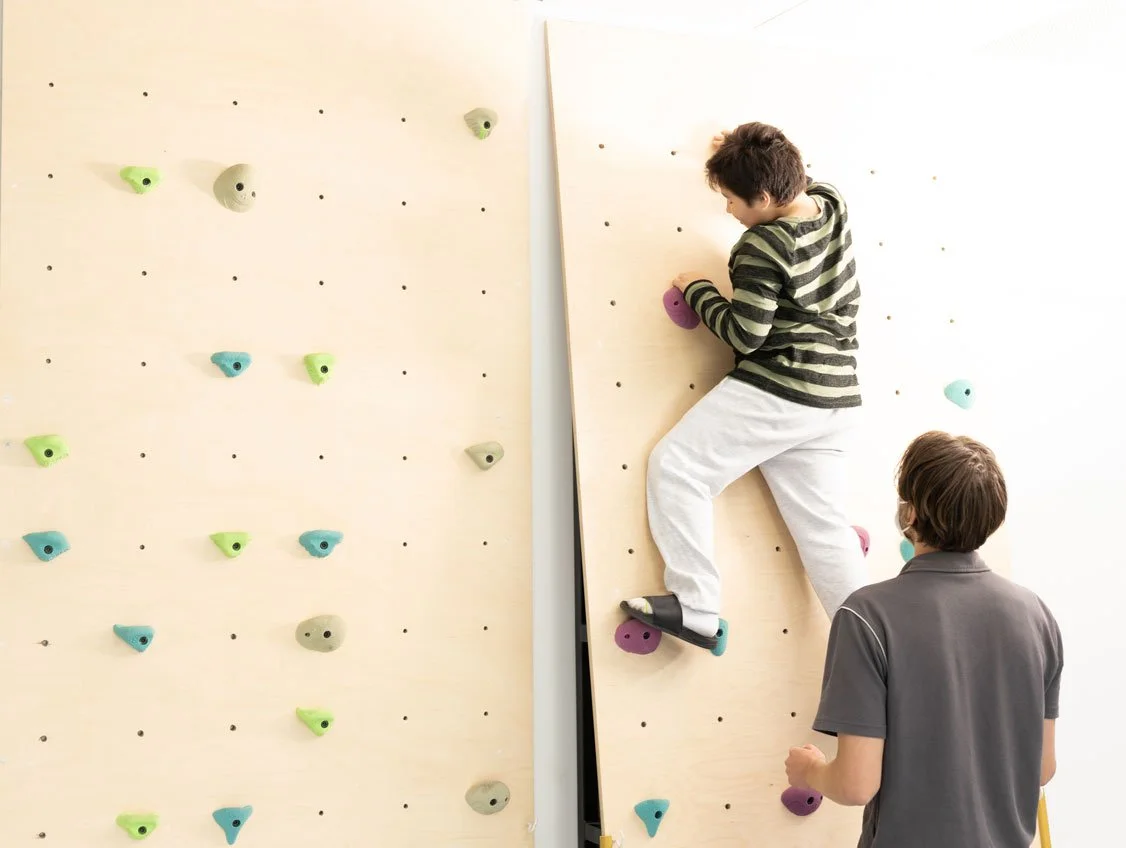School Aged Program
Our School Aged Program supports children and their families, caregivers and educators in ongoing assessment and services during the school years.
Activities are developmentally appropriate and focused on building a child’s functional skills. This enables them to participate more meaningfully in everyday activities alongside their peers. The program is reinforced and complemented in educational and recreational settings such as schools, pools and gyms.
Personal care skills
Building independence with personal care skills such as eating, dressing, bathing and toileting is an important milestone for school aged children. Our team can support the development of skills, recommend aids and equipment and set plans to reduce parental assistance with these tasks over time.
Daily routines skills
Routines at home, at school and in the community can be a useful way to increase the number of activities a child can complete in a day. Our team can assist children to be more independent with routines and can teach pacing and fatigue management skills to improve their capacity to participate in and enjoy activities.
Social and emotional skills
Regulation at home, school or in community environments can be a difficult skill for some children to develop. Our team can support children to interact effectively with their peers, build more self-awareness of their emotions, understand their individual triggers and develop strategies to regulate emotions and behaviours. We can also work with parents, caregivers and teachers to develop and implement positive behaviour support strategies.
Sensory processing and integration
When children are over or under sensitive to different stimulation such as to touch, noise or smells, it can be difficult for them to learn. Our team can assess possible sensory sensitivities and provide therapy to help reduce the impact of these. We can also help you purchase aids and equipment to modify sensations.
Communication
Communication therapy assists the family and carers, as well as the child. We work with children to build communication skills including talking, gesturing and using aids. We also work with families to tune into children’s unique communication styles and to build positive relationships.
Play and thinking skills
Our team are experts in using age-appropriate play to engage children in therapy. In school aged children, technology becomes a useful tool for engagement. Our clinics are well equipped to support play with climbing walls, swings and iPads. Our neuropsychologists can assist in identifying strengths and challenges in thinking skills and assisting children, parents and teachers understand and cater for individual needs and implement strategies to build specific skills such as paying attention.
Gross and fine motor skills
Our team provide support and education to develop your child’s posture and movement skills, and manipulation and writing skills needed for daily activities, school and leisure. Using a modified environment and activities which challenge your child, we can improve motor control, strength, endurance and coordination of different muscle groups. We can also support use of equipment, stretching, post botox and casting programs to improve posture and alignment.
Group and community participation
Our team can support children to participate in community groups such as community sporting teams, or arts groups. We can focus on social interaction, developing the skills used within the group, and building emotional independence in group settings.
Pain management
Pain can affect all aspects of a child’s life. Our therapy team can support pain management through education, position, aids and equipment and working collaboratively with paediatricians and GPs.
Aids and equipment
Aids and equipment can support a child to become more independent and participate in life more fully and freely. Our team can recommend, measure, trial, set up and provide training for aids and equipment.












